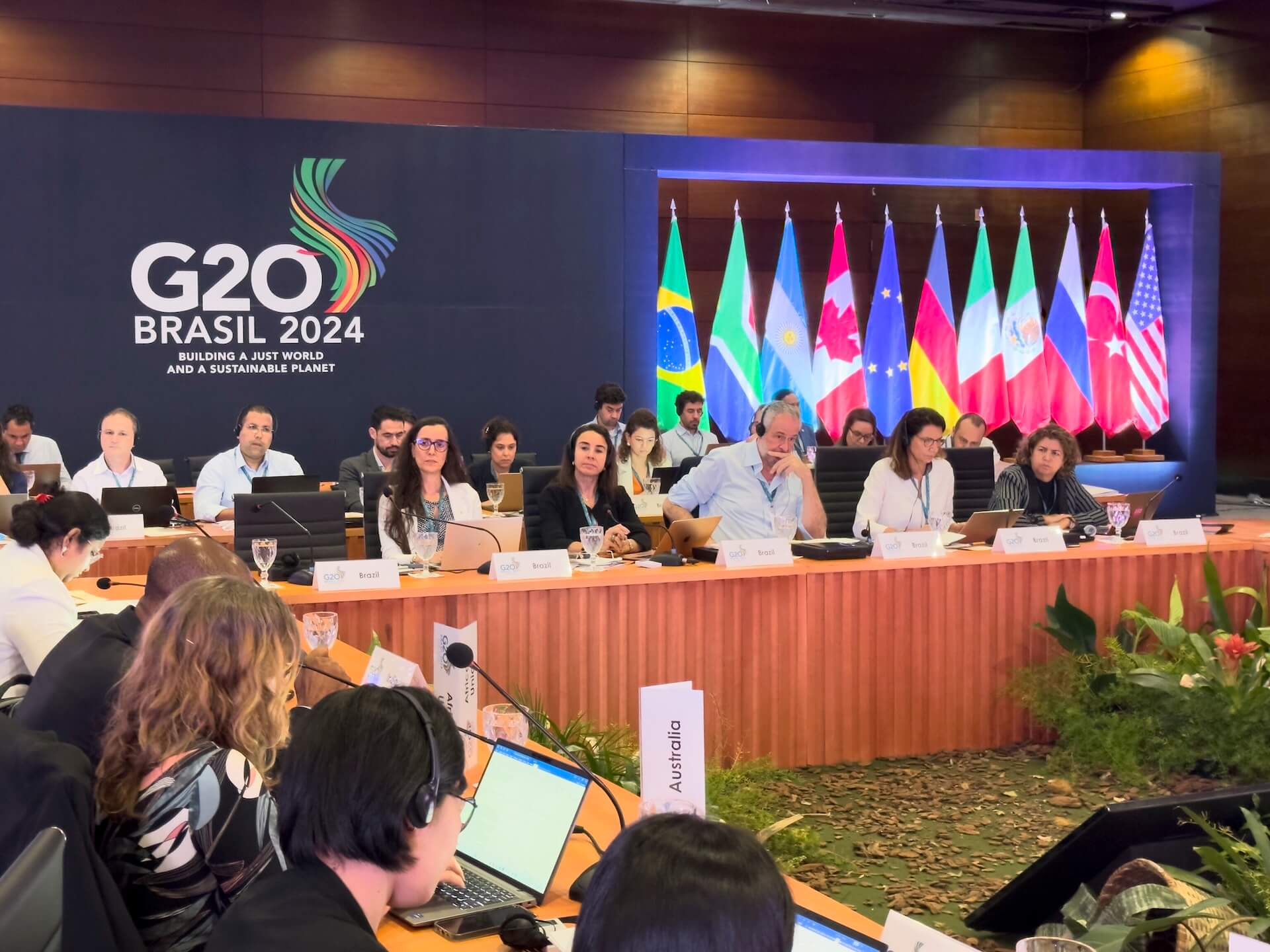The climate crisis, along with ongoing conflicts in Ukraine and the Middle East, dominated discussions on the first day of the G20 summit in Brazil on Monday.
In a joint statement, leaders from the world’s major economies expressed concern over the humanitarian crises in Gaza and Ukraine, while calling for greater global cooperation on poverty reduction, tax policy, and climate change.
UN Climate Chief Simon Stiell had urged G20 leaders on Saturday to help break a deadlock in climate financing ahead of the COP29 talks in Azerbaijan. The summit aims to secure a deal to mobilize hundreds of billions of dollars for climate adaptation and mitigation efforts in developing countries.
As the world’s largest economies, the G20 nations are responsible for more than three-quarters of global greenhouse gas emissions, giving them significant influence over the future of climate financing.
In Monday’s statement, the G20 leaders called for “rapidly and substantially increasing climate finance from billions to trillions from all sources.” However, while they agreed that negotiators at COP29 should reach a new finance goal, the statement did not specify what that goal should be.
Developed nations have argued that the pool of contributors should be expanded to include wealthier developing countries, such as China and some Middle Eastern nations.
On Tuesday, leaders are expected to focus on sustainable development and the transition to cleaner energy. The summit’s climate discussions come as the world braces for the upcoming U.S. presidential election, with concerns about the future of climate policy under a potential second term for former President Donald Trump. Trump has previously threatened to withdraw the U.S. from the Paris Agreement and roll back domestic climate legislation.

